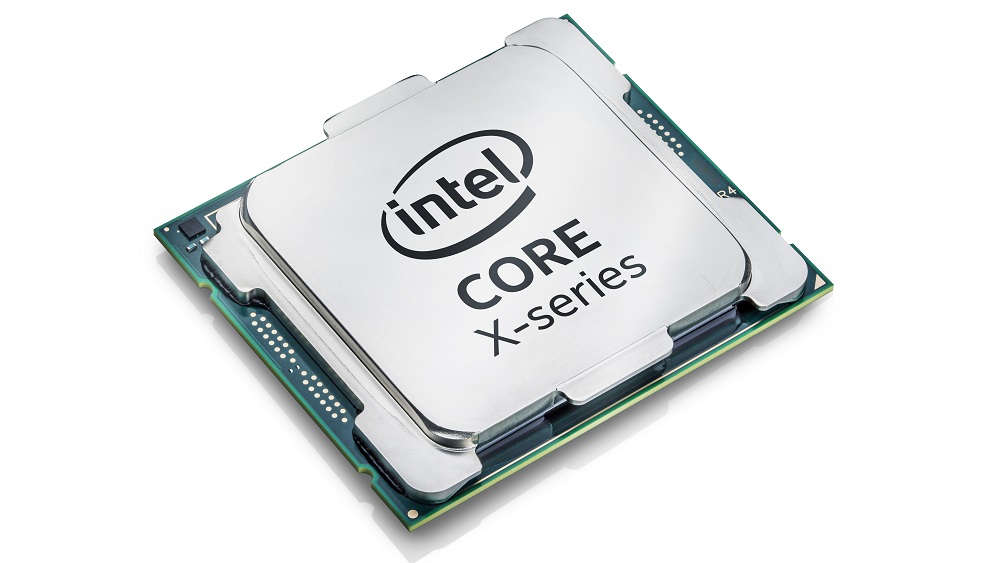Security researchers have just discovered a number of new security flaws present in Intel’s processors.
Last year, two of them, called Meltdown and Spectre were discovered within Intel’s processor chips. These bugs exploited a flaw in speculative execution of the processors to leak sensitive data.
Speculative execution is a technique that processors use to predict what a certain program or software is going to request from the processor. Doing it in advance saves valuable time, which makes speculative execution a crucial feature in modern processors.
ZombieLoad
Now researchers are back with another entirely new data leaking bug.
This recently discovered vulnerability called ZombieLoad takes its name from “zombie load”, an amount of data which the processor can’t understand or process so it asks for help from the processor’s microcode to prevent a crash.
Apps are usually restricted to their own data sets but the ZombieLoad bug allows this data to be leaked if it’s currently loaded on the processor’s core.
This flaw can be easily be exploited by hackers to get access to your personal information such as your login credentials, account tokens or even look at your online activity in real time.
Affected Chips
Almost every computer with Intel processor chips dating back to 2011 is affected by this vulnerability. Users with AMD or ARM (smartphone) chips are not vulnerable to these flaws.
There’s no need to panic. Security researchers say that these flaws are not easy to exploit as they require a specific set of skills and effort to use in an attack. Computer makers such as Apple and Microsoft have also released patches to fix these vulnerabilities, so your best bet is to keep your PC/laptop up to date with the latest patches.


























Pehly Hum Core2Dou Se iSeries tak to A Jaye Aur iSeries Se Generation tak to A Jaye Phir Hamare Bache Soncy Ge XSeries Ka
chwl hai intel waly